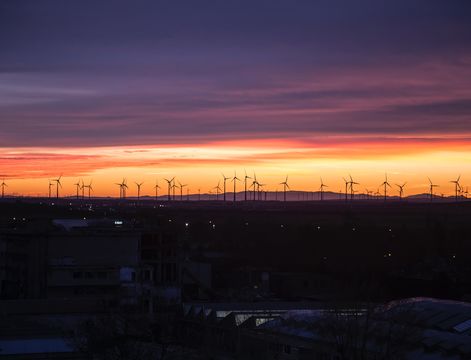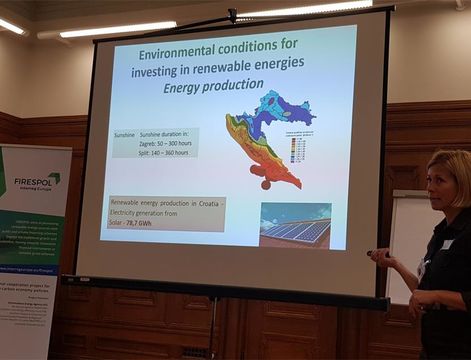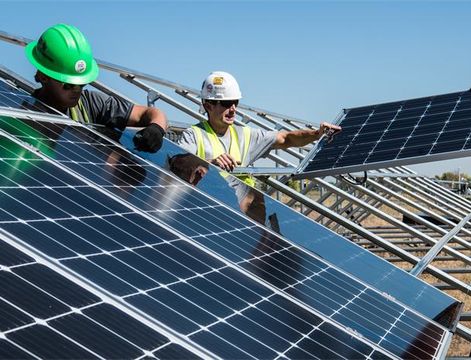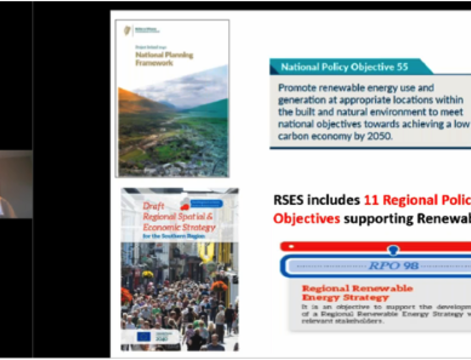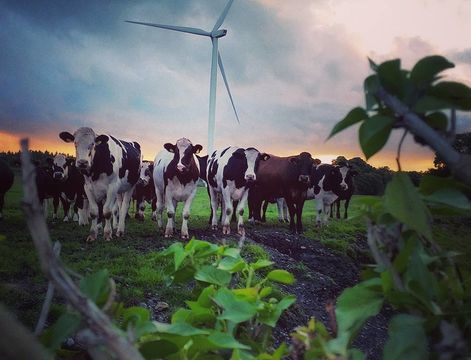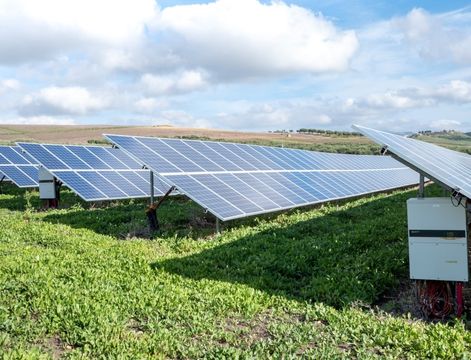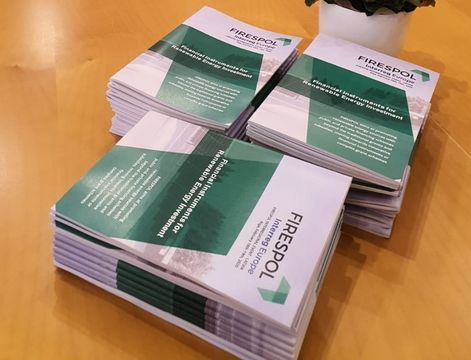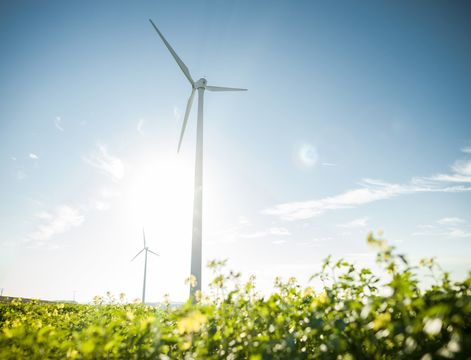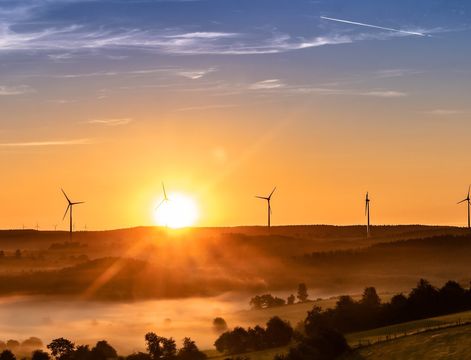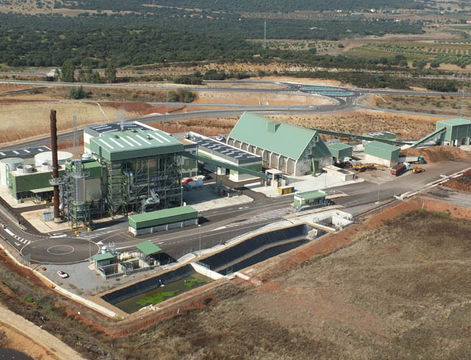The third meeting of the regional stakeholder group of Latvia was held on November 1, 2019. It was organized by the Ministry of Environmental Protection and Regional Development (MoEPRD) with participation of stakeholders from institutions that implement financial instruments and/or renewable energy projects or have competency in these fields, including representatives of the Ministry of Economics, the Latvian Association of Local Governments, Zemgale Planning Region, as well as the MoEPRD’s Climate Change Department and Legal Department.
In this meeting representatives of the FIRESPOL project informed other stakeholders about:
- Experience shared and lessons learned in the International Events that were held in Croatia in May, 2019, in Ireland in July, 2019 and in Germany in October, 2019.
- The final version of the regional self-assessment and its main conclusions.
- The status of the action plan and the activities included in it.
Following the presentation, all participants were invited to express their views on the aforementioned topics and a fruitful discussion took place.
The stakeholders were informed about the upcoming activities and invited to participate in the international event held in Latvia in February, 2020.
Representatives of the MoEPRD’s Climate Change Department briefed on the current and planned climate policy measures. Also, they briefed on the topics of the National Energy and Climate Plan for 2021-2030, with an emphasis on the main planned developments in the field of renewable energy, as well as on the plan’s status.
In the second part of the meeting, representatives of the project and stakeholders visited the heat power company “Salaspils Heat” Ltd. The company provides district heating for 85 % of households in Salaspils municipality with population of about 18,000 people. Representatives of the company introduced members of the stakeholder group with the newly established solar park. This is currently the only solar park in Latvia, though the heating utilities of other towns have expressed interest in the project. The park, part of a 7 million € energy project, has more than 1,700 solar panels that can heat water to about 90 °C in sunny weather and up to 70 °C in cloudy weather. The solar park provides one-fifth of all the heating energy consumed in the town. While it is not enough to fully provide heating for the entire town, it is enough to provide hot tap water for every resident. The company’s 1720 solar collectors will generate an estimated 12,000 KWh of power per year. A 28 meter high storage tank and a 3MW wood chip boiler complement the collectors. The system will also reduce service and operating costs, which may allow for a reduced heating tariff of at least 5% to be applied to the utility bills of Salaspils residents in 2020 if accepted by the Public Utilities Commission.


